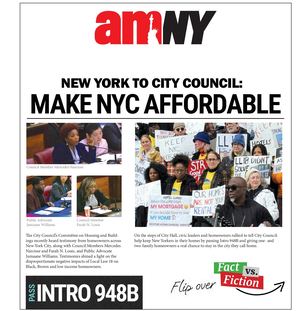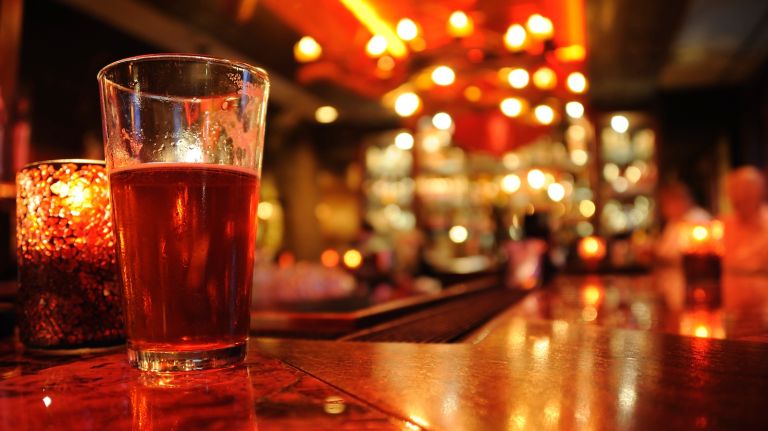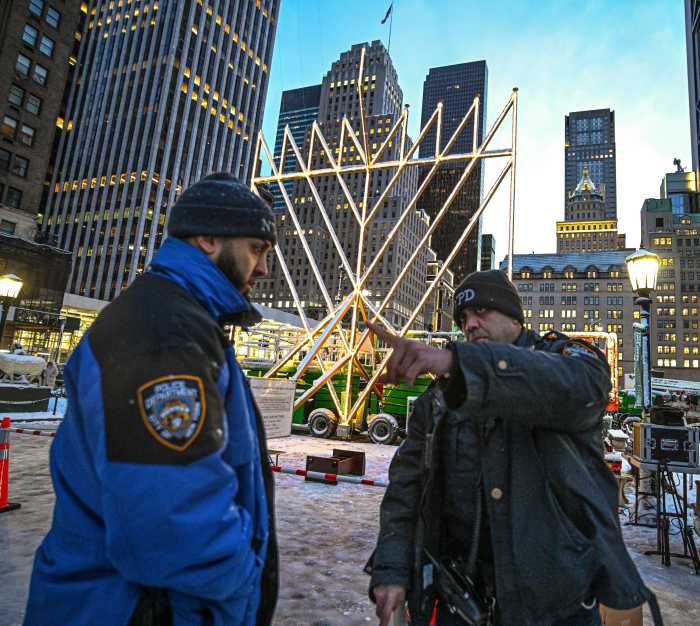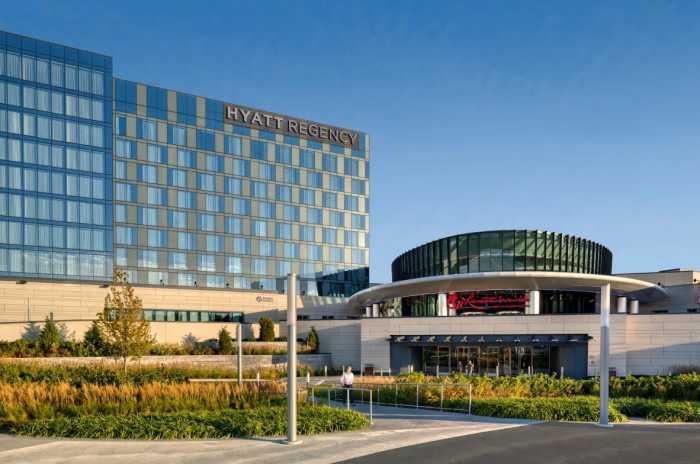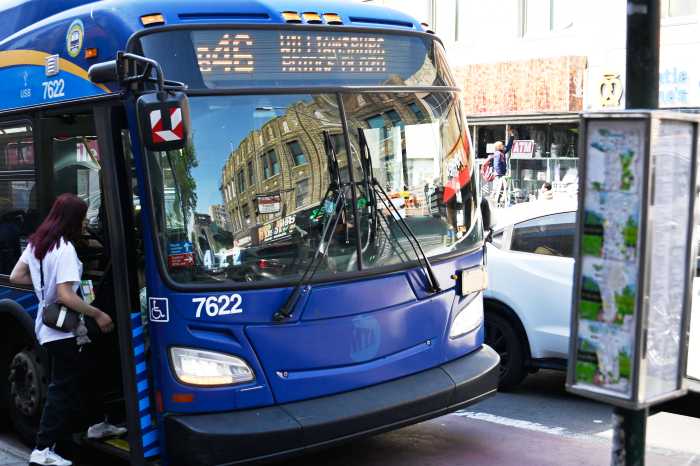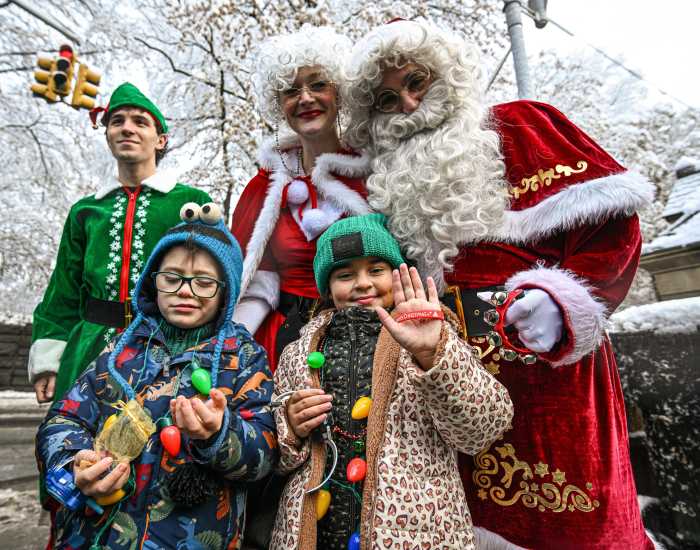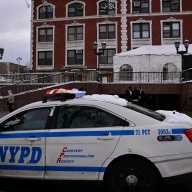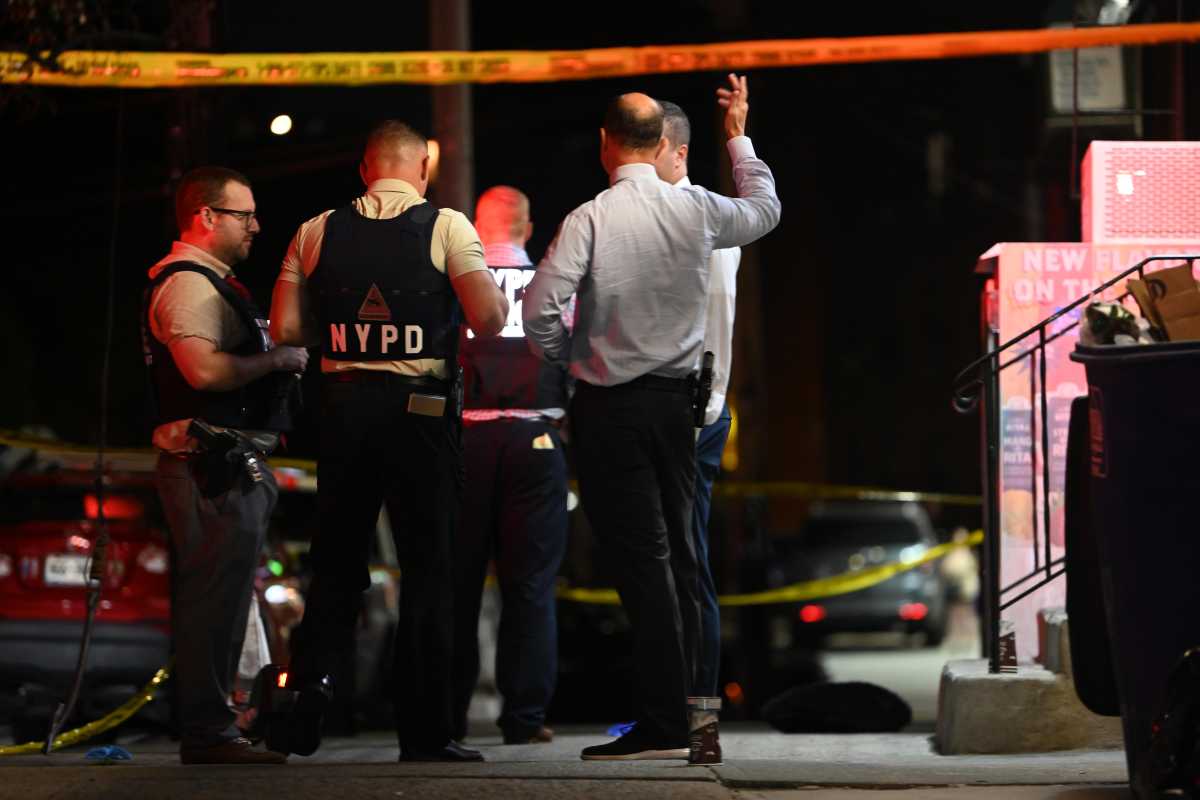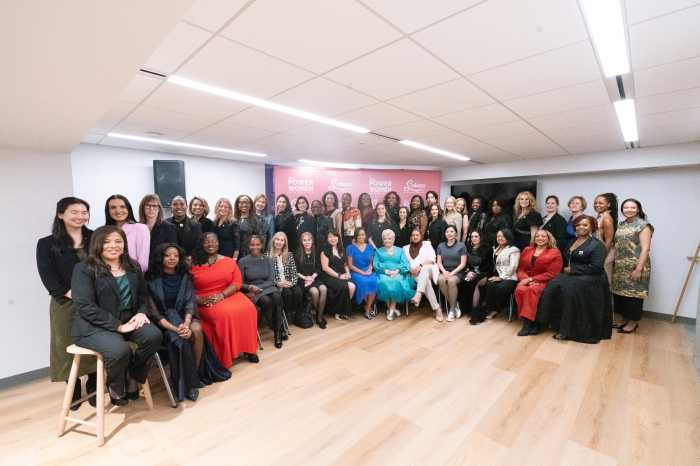
Call it a new kind of night school, but instead of desks there are bar stools.
A group of New York students and young creatives have organized a one-night event on April 29 — sponsored by NYU and Columbia University among others — that will bring college professors into 50 city bars for free lectures.
And they’re already planning another night in the summer and possibly expanding to the subway.
“Education should be as visible and evident in the city as New York Fashion Week or when we hear about a cool new exhibition at MoMa,” said Adam Brandenburger, an NYU professor who will be lecturing on game theory at Sweet Water Social in NoHo.
Brandenburger added professors have become increasingly uncomfortable with the notion that access to education is restricted.
The event — to be held mostly in Manhattan and in some Brooklyn spots — is spreading to other cities according to Yali Saar, the project’s creative director.
Saar came up with the idea, called “Raising the Bar,” six months ago as a way to make education more accessible, especially for those who might be intimidated by taking classes at a university.
Topics will range from “The Price of Inequality” by Joseph Stiglitz, the winner of the Nobel Memorial Prize in Economics, to “Africa in the Americas: Haiti in the ‘Western’ Imagination” by Barnard’s Kaiama Glover to “What Makes a Brand Profitable?” by John O’Malley of NYU.
And customers are welcome to mix booze with their “studies.”
While the event is free, reservations must be made on rtbevent.com.
The team launched their website two weeks ago and within 24 hours, they had run out of the 5,000 seats available for reservation. Another 500 seats were opened up, but they are also almost gone, Saar said.
David Shemesh and Eyal Tov, who own both Antibes Bistro and Schapiro’s in Manhattan, agreed to use their restaurants as venues. The event offers patrons, including those who are strangers, an opportunity to connect over important and interesting subjects, Shemesh said.
Tov said he expects the lectures to be compelling enough to hold the attention of guests.
“I think that when people come into bars and restaurants they are looking for something to hold on to, something to talk about, interact with,” he said.
Some were hesitant to embrace the combination of education and nightlife.
“I think it’s a good idea, but a lot of people don’t always go to bars,” said Harshad Marathe, 26, of Jersey City. “People overestimate the pulling power of bars.”
Stephanie Friedman, 22, who lives in Midtown East, said she was intrigued by the idea of listening to a lecture in a bar. The subway? Not so much.
“Having it in the subways is kind of elitist because you’d have to pay to get on,” she said. “And I wouldn’t want to spend any more time down there.”
Others are intrigued by the prospect of learning in bars and subways.
“I’m not a big education person, but why wouldn’t a bar be a good place to learn?” said Ed Short, 51, of Chelsea. “Any place is a good place to learn. Having it in the subway wouldn’t bother me either.”
Whatever the case, “Raising the Bar” seems to be catching on.
Saar has an idea as to why the event has grown so quickly: first, a comfortable atmosphere makes the lectures feel more like attending a music or comedy show. Secondly, people are bored.
“New York has a wonderful mixture of intelligent people, and they’re not scared of consuming this kind of content,” Saar said. “Maybe you need to package it in the right way so it will be easy to swallow.”
(with Shawn McCreesh and Cari Romm)
